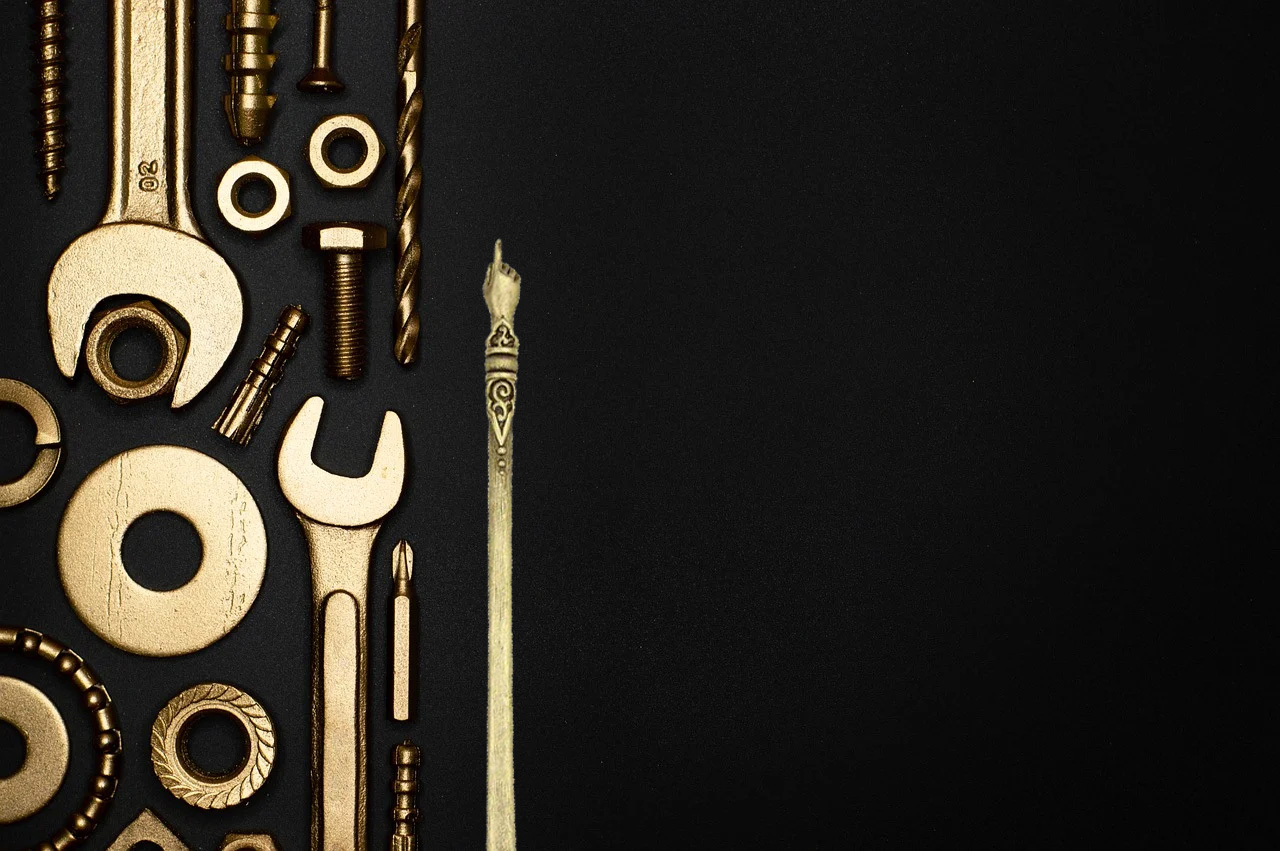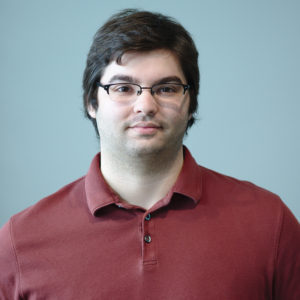Part of the ongoing “Diaspora English” series, Daniel Crasnow reports on a year spent teaching in Israel during the coronavirus pandemic. You can read other Diaspora English articles here.
After exiting quarantine, a few weeks into the new school year, I was just getting into the groove of teaching in-person classes when the High Holidays arrived and, with them, a new COVID lockdown. At first I found the new lockdown almost comedic given our last two weeks in quarantine and our week preparing for classes, but that comedy gave way to dread. The High Holidays, which I celebrated every year, were just another thing to add to the chaotic list of things I was thinking about.
The day before Rosh Hashanah, Israel became the first nation in the world to enter a second, three-week lockdown. It was a far cry from the initial success Israel had in dealing with the virus, and only furthered inflamed the chaotic political situation in Israel.
Like in the United States, the lockdowns have become highly politicized, but unlike the United States, both left-wing and right-wing figures criticize the lockdown for different reasons. As the High Holidays approached and COVID cases spiked, Netanyahu decided to lockdown Israel to address the rising COVID rate, to the chagrin of both groups.
The right criticized the lockdown for limiting public gatherings around the High Holidays, and Netanyahu was charged with demonizing the religious community in his attempts to target the lockdown to virus hotspots, which were in religious locations.
The left decried this new lockdown as senseless given the success of liberal areas of Israel in fighting the virus, particularly while the religious right refused to follow basic preventative measures. Others were concerned with the political convenience for Netanyahu, as the new lockdown gave him the chance to restrict the anti-corruption protests against him. More still were concerned with the economic cost of another lockdown, as many had not recovered from the first.
It was in this context that I finished teaching my first week of classes, and prepared to move to Zoom classes for the foreseeable future. It was also in this context that I prepared to celebrate Rosh Hashanah and Yom Kippur.
It was my first High Holidays outside of Florida, and I wasn’t sure how to go about finding a place for me to celebrate. Luckily, I found Beit Daniel, a semi-Reform congregation that sat within the lockdown-approved one kilometer travel radius, who were hosting both in-person and online services.
I contacted Beit Daniel and learned that the in-person services required a sign up and were socially distanced. I cautiously signed myself up and prepared for the High Holidays.
Beit Daniel sits at the edge of Weismann Street, across the road from HaYarkon Park, and its sanctuary features an ark sculpted to look like a window to an artistic outside, where a lion-headed sun shines on a wooden landscape all under the words of the Shema. The scene takes up a majority of the front of the room, past the Rabbi’s and Cantor’s stands, where it tapers off into a set of four steps reaching the ground.
The audience ended up being smaller than expected. Though the temple set chairs inside its sanctuary and outside its doors, only a quarter of them were filled.
At one point during the Rosh Hashanah services, a chorus of six of the twelve audience members went up to the bima to sing a hymn. Later, the Rabbi, Cantor, and guests blew the shofar. The T’kiyah G’dolah of the Rabbi’s son outlasted all the others.
The chaos of the decision to go into another lockdown and the quick transition that followed all surrounding the High Holidays had taken a toll on me, and I found comfort and familiarity in the recognizable prayers, the tradition of the Shofar, and the beautiful scene that surrounded the ark. As I continued writing my last essay on the difficulty of growing roots in a new place, and as I contemplated the parallels between redefining oneself and the holiday of Yom Kippur, I came to a realization.
I know one year is nowhere near long enough to establish roots in a community, just as I know that my familiarity with these Rosh Hashanah prayers doesn’t mean I am suddenly a known member of this temple. But my familiarity with the service’s tunes still provided me with a sense of comfort that I didn’t realize I needed.
What the temple offered me was not the establishment of roots but the semblance of normalcy that encouraged a young adult like myself to recognize that, despite the current world, not everything is lost.
The twelve people at this Rosh Hashanah service were not a dying community, slowly falling to apathy, modernity, and a disease. Instead, Beit Daniel was an active resistance to that apathy. This socially-distanced, live-streamed service was an acknowledgement that the world of COVID is different from the world we knew, but people still need a place and a way to celebrate Rosh Hashanah and Yom Kippur.
I think this resistance mindset is a part of the “communal rebuilding” I talked about in my last essay. The social relationships involved with teaching, with this High Holiday service, with the communal nature of people living together, and with this program in general form the roots from which that resistance mindset can grow.
A year isn’t enough to build new roots, but, at least we can plant the seeds. The holiday service was a physical representation of that. It reminded me that we may still be able to find tradition in the chaos and, through tradition, order.
Despite the protests, despite COVID, despite the beginnings of teaching and the sudden transition, despite the politics and the chaos, celebrating Rosh Hashana to familiar tunes at Beit Daniel helped remind me that some things are as they always have been. That reminder can be a powerful tool in the modern world.
Even without a virus looming over our heads, I find it can be difficult to recognize tradition as a tool for comfort more than anything else. In the information age, it is difficult to find comfort in tradition, as tradition has often been abused to justify injustices. American culture is reexamining the actions and histories of many former cultural heroes— from Christopher Columbus, to the police, to Hollywood stars— and, as a result, American culture is seeing these former heroes in a new light.
Ultimately, this is a necessary, difficult process. It can be hard to find comfort in a world where many of the traditional sources of identity are being reexamined and dismantled. The difference is that while American culture is actively rejecting former heroes for their actions, religious dedication has been passively rejected because the results of this religious dedication is not as actively destructive.
People are easy to blame. Traditions are not. Though there is quite a difference between Hollywood Stars and High Holidays Liturgy, the familiarity that each can provide to those who need it remains, at its core, the same.
Beit Daniel and its Rosh Hashanah service provided me with that comfort. It provided the familiar within the transitional, and that was what I needed, whether I realized it or not.
I don’t think modernity is a source of decline, I think it is a source of redefinition. It is long since time that we reexamined the past in a more honest light, but I think it is also worth noting that the past creates the present.
As I work to reimagine myself in this different world, I find myself needing, more and more, to fall back on the past as a source of comfort. At the same time, I’ve found that this can be difficult in modern society, given our work to redefine the past honestly. And so, I remind myself that I came from somewhere, and that prayer can bring me comfort. As long as I combine that prayer with action towards bettering the world, prayer is a good thing.
I remember that, once upon a time, my Great-Grandmother moved to the United States, and she bore my Grandmother, who bore my mother, who bore me. We all come from somewhere. As I work to build a better world, I am thankful that the past, my past, taught me to dream big and to fight hard. My past taught me to never be satisfied with the world that we have, not when there is so much to improve. My past not only taught me tradition, it taught me to reevaluate the past in order to imagine a better future. The past encourages me to do both, and that is a beautiful thing. ⋄

